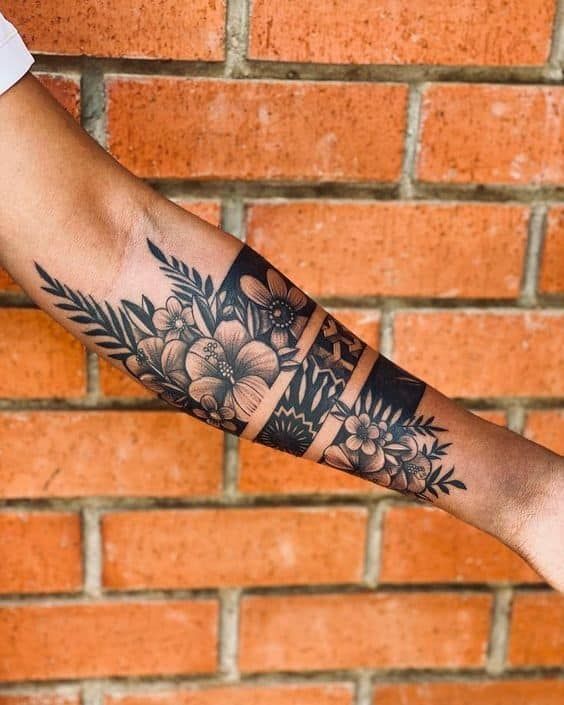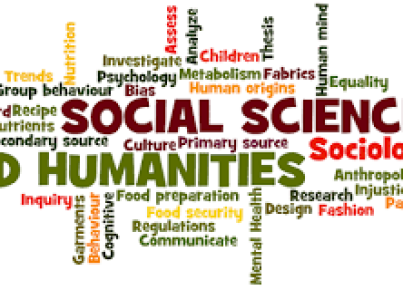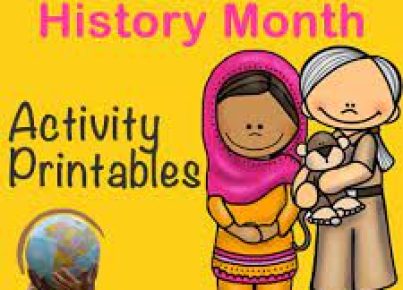Introduction
Forced marriage and ‘honour’-based violence have been plaguing communities worldwide. Rooted in traditional beliefs and cultural norms, both practices violate human rights and cause severe suffering to countless individuals. This article will discuss the pressing issue of forced marriage, the nature of ‘honour’-based violence, and steps to eradicate these harmful practices.
Forced Marriage: A Hushed Crime
Forced marriage is defined as marrying someone against their will, typically under duress or coercion. This is fundamentally different from arranged marriage, where both parties willingly consent to the union. Such marriages often involve young girls being married to much older men, which puts the young brides at risk for physical, emotional, and sexual abuse.
Effects of Forced Marriage
The consequences of forced marriage are significant and far-reaching. Victims often endure a myriad of problems including mental health struggles such as depression, anxiety, self-harm, and eating disorders. A loss of freedom also leads to limited access to education, employment opportunities, and social development. In extreme cases, pregnancy complications or even death can result from early childbearing.
‘Honour’-Based Violence: A Cowardly Act
‘Honour’-based violence refers to specific brutal acts committed when someone is deemed to have brought dishonour upon their family or community. These acts include murder, acid attacks, kidnapping, disfigurement claims upon the violator’s life based on traditions held dear by a society. Women are disproportionately affected by this form of violence due to greater scrutiny surrounding their behaviour.
Prevention: Empowering Communities
Combating forced marriage and ‘honour’-based violence requires a multi-faceted approach that incorporates both legal frameworks and community-based interventions.
1. Education: Raising awareness through targeted campaigns highlighting the horrors of these practices is crucial for changing attitudes.
2. Legal Action: Strengthening legislation to provide victim protection and prosecute offenders is an effective deterrent. International cooperation should be maintained to combat cross-border forced marriages and honour crimes.
3. Victim Support: Offering counselling services, hotlines, and social support can help victims cope with the effects of these practices and rebuild their lives.
4. Community Engagement: Collaborating with local community leaders in promoting gender equality and addressing harmful cultural norms will foster change from within the society.
Conclusion
Forced marriage and ‘honour’-based violence are inhumane practices that continue to destroy lives and impede progress for gender equality. Through increased awareness, legal measures, victim support, and community involvement, we can work together as a society to eradicate these unjust acts, making every life valued and respected.





